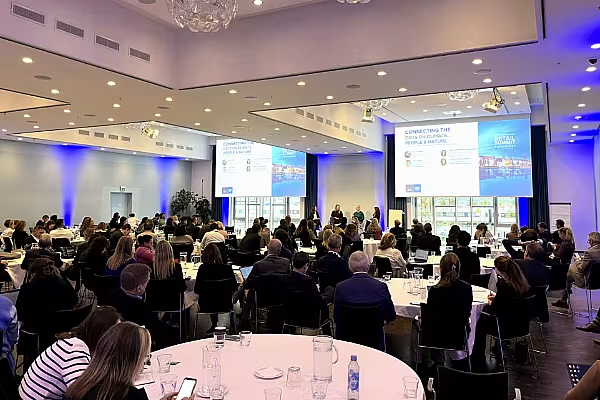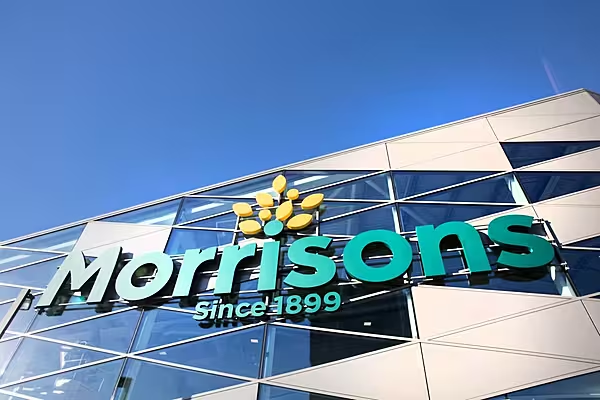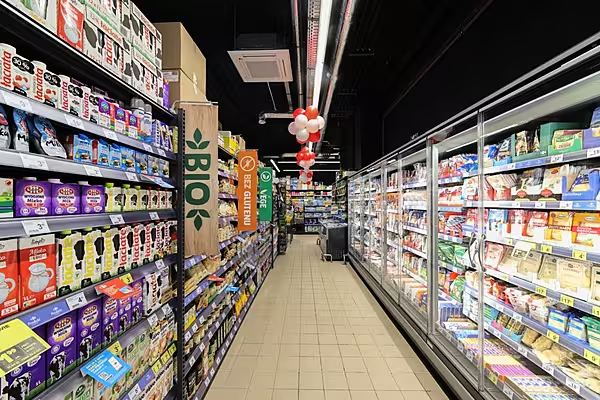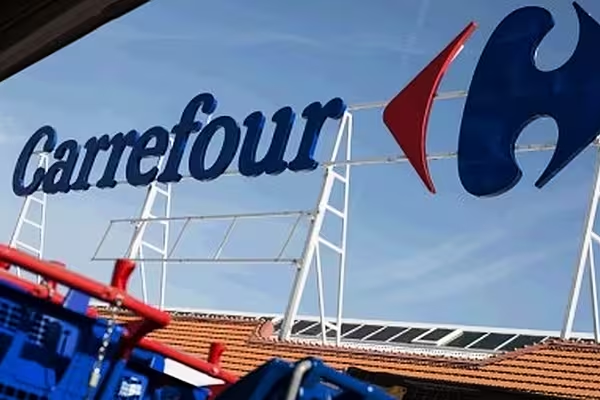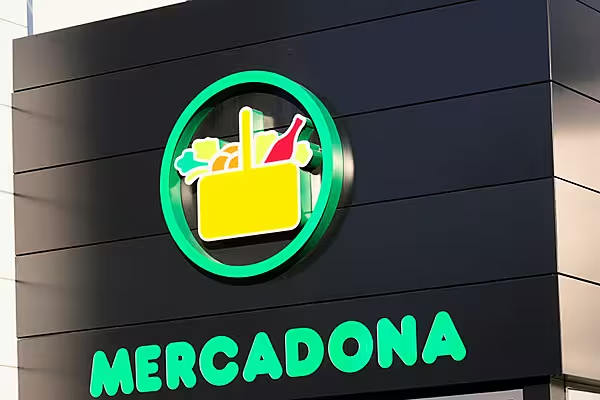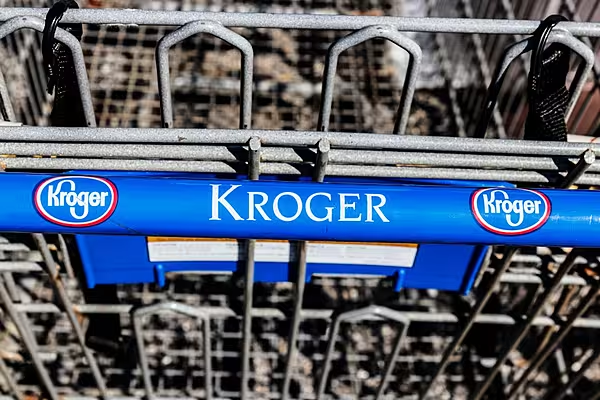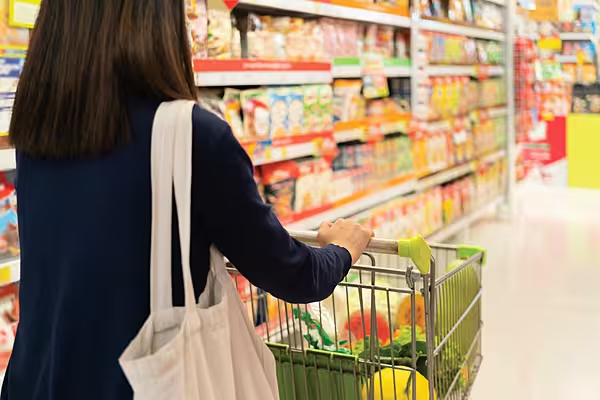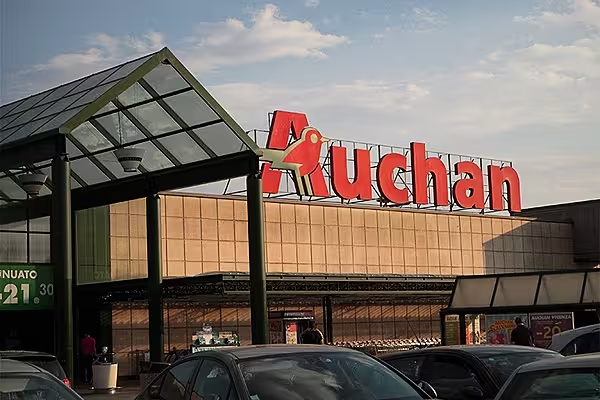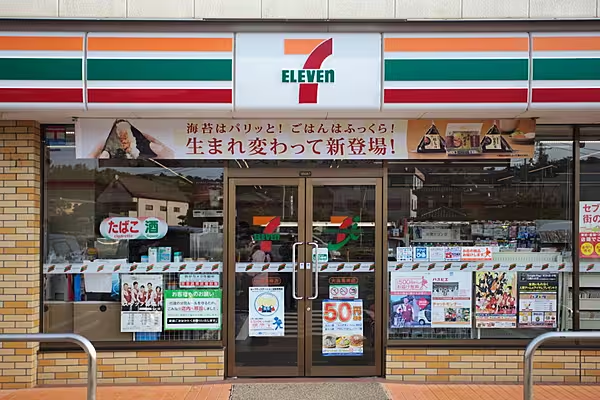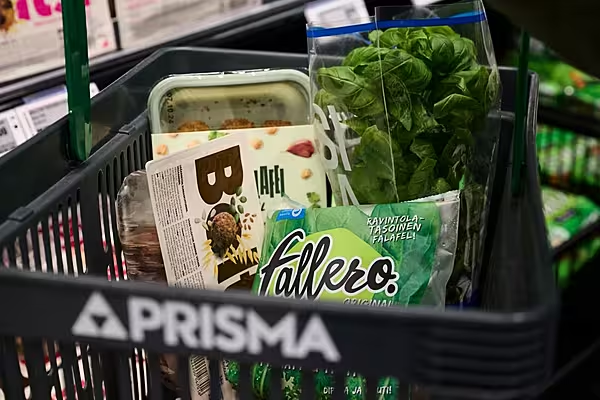The Consumer Goods Forum Sustainable Retail Summit got under way in Copenhagen on Thursday, with an exhortation for forum members to embrace the theme of the event, ‘Today’s Collective Action, Tomorrow’s Positive Impact.’
Consumer Goods Forum (CGF) managing director Wai-Chan Chan opened proceedings with a call for “systemic change”, encouraging small to medium-sized companies to “join the journey” established by the CGF’s various Coalitions of Action, which cover topics such as food waste, plastic waste, Forest Positive, and sustainable supply chains, among others.
For an organisation that seeks to foster cross-industry collaboration, getting small businesses to “take one particular action” is an important step, Chan argued, and should lead to a more inclusive approach to tackling sustainability – many parts combining to create a greater whole.
Leading From The Front
The opening plenary session, on the topic of ‘Leading from the Front: Health and Sustainability in Action,’ expanded further on this topic, as Ahold Delhaize’s Imke van Gasselt and Mondelēz International’s Christine Montenegro McGrath – from the CGF’s co-chair companies – called on businesses to “come together and accelerate positive impact,” outlining five specific acceleration areas that could drive greater collective change.
Next up was former Marks & Spencer sustainable business head Mike Barry – now a strategic advisor assisting businesses with making the sustainable transition – who urged those present to be more strategic with how they work with consumers on ESG messaging.
“There should be no ‘green premium’,” Barry noted, referencing the fact that many consumers often pay more for a more sustainable product. “Why should I pay more for a product that has not exploited people and planet?”
He also urged businesses to think beyond their four walls and implement change on a societal scale – Reckitt, he noted, is on a mission to not only make its company net zero, but also the city of Hull, which is home to its healthcare operation.
“In a world that is burning, we are implicated in that fire, and we have the tools to put the fire out,” Barry added.
A panel discussion featuring Walmart’s Chris Franke, Danone’s Ayla Ziz and Coca-Cola’s Paul Lalli followed, sharing health and sustainability insights from the field.
As Lalli explained, in order to ensure that consumers buy into the sustainability agenda set by Coca-Cola and other large firms, said companies need to do more to “bring sustainability down from the tower” and integrate it more into how they and their supply chains operate.
“We have to show that we have our own house in order if we’re going to make the same demands of our supply chains,” he said.
Food System Transition
The opportunities presented by the food system transition formed the core topic of the subsequent presentation by Zintinus’s Olaf Koch, formerly the CEO of wholesaler Metro AG.
Noting that incumbent brands have been outperforming their mainstream peers for some time now, Koch said that the consumer is ready for “those that come to the market with a better proposition,” particularly when it comes to sustainability, health, and other related topics.
One particularly interesting slide shared by Koch outlined the business opportunity that lies in four emerging innovation fields: alternative protein is set to grow by 96% between 2020 and 2025, to become a $68.5 billion market, while clean nutrition is set to grow by 66% over the same period, functional food is set to grow by 38%, and food waste reduction initiatives are set to grow by 33%.
This sort of clarity is needed to convince investors, and indeed business owners, that sustainability is more than a nice-to-have, but a financial opportunity.
A session hosted by Google Cloud – a company that is making great steps in improving environmental visibility on a macro level – ushered in the coffee break, followed by presentations by Mette Thygesen of the Danish Institute for Human Rights and a panel discussion by PepsiCo, Mondelēz, and the Tropical Forest Alliance, exploring the topic of human rights in the retail and consumer goods supply chain, on both domestic and international levels.
“Environmental and social sustainability must go hand in hand, to ensure that the green transition is just and benefits all,” as Thygesen put it.
Breakout Sessions
The Sustainable Retail Summit also featured a number of notable breakout sessions over the course of the day, including one from Federica Pompei, Procter & Gamble’s senior vice-president and general manager, feminine care, Europe, who outlined how the group strives for “irresistible superiority that is sustainable,” even in an “incredibly personal category,” such as feminine care.
The group has made great strides in addressing ‘period poverty’, which affects one in five girls, Pompei said.
A separate breakout session, hosted by Samar Elmnhrawy of Majid Al Futtaim, delved into the MENA-based retailer’s pledge to become net positive in both carbon and water by 2040 – no easy task, given the group’s geographical spread.
As Elmnhrawy explained, a key part of Majid Al Futtaim’s role is to instal an “understanding of sustainability best practices” in its customer base, empowering it to make more sustainable choices.
A further breakout saw the Consumer Goods Forum’s Sharon Bligh host a session called ‘Addressing Food’s Impact on Climate Change,’ which featured Anthesis Group’s Paul Crewe, Tina Halborg Nielsen of Too Good To Go, and video appearances by Sophie Egan of Food for Climate League and Paul Newnham of the SDG2 Advocacy Hub.
As Egan put it, businesses need to focus on the “intention-action gap,” on top of the traditional narrative around sustainability.
“In the past, the messages were about altruism,” she put it, adding that this might not resonate as strongly these days as it once did. “Information is just one piece of the puzzle – we need to create enabling environments.”
Product Life Cycles
The final plenary session of the day welcomed representatives from Albert Heijn and Blonk, a Mérieux NutriSciences company, who explored how they were engaging farmers and suppliers on a data validation initiative to track product life cycles, in order to make sustainable choices easier for shoppers.
That was followed by a discussion called ‘Accelerating Circularity Through the Lens of Plastic Waste,’ which featured Carrefour’s Bertrand Swiderski, Gloria Gabellini of PepsiCo, Amcor’s David Clark and Sarosh Qureshi of Circular Copenhagen, with the latter noting that the city hosting the summit is making great strides in achieving waste reduction.
“The consumer wants to be sustainable, but, in a lot of cases, they don’t know how to,” Qureshi noted, urging businesses to make it easier for consumers to make positive choices.
The discussion also focused a lot on reusable packaging, with Carrefour’s Swiderski confident that, five years from now, shoppers will be bringing their own reusable trays and boxes to supermarkets, in much the same way that they currently use refillable water bottles.
“If you have a short-term vision on reuse, you won’t have a business model,” Swiderski said. “We need to create an ecosystem.”
The final speaker of the day was Katrine Lee Larsen of Copenhagen Cartel, a fashion brand that reuses marine materials such as discarded fishing nets, and even seaweed, to create swimwear and casual wear.
“Can a bikini save the ocean?” Larsen asked, noting how the brand was initially developed as a side project for her and her fellow surfers, but developed into a much larger movement that puts sustainability at its core.
“We don’t create for a season, we create for a reason,” as she put it.
The final day of the Consumer Goods Forum Sustainable Summit gets under way today (Friday 20 October) in Copenhagen.
